Feature goal: Ensure stable data exchange between the app and external APIs, as well as implement reliable local storage for offline mode and caching
🎉 Price from: $195.5 ($230)
You save: $34.5 (15%)
Rates: Junior $8–$12/h | Middle $20–$25/h | Senior $30–$40/h
Timeline: 2-4 days
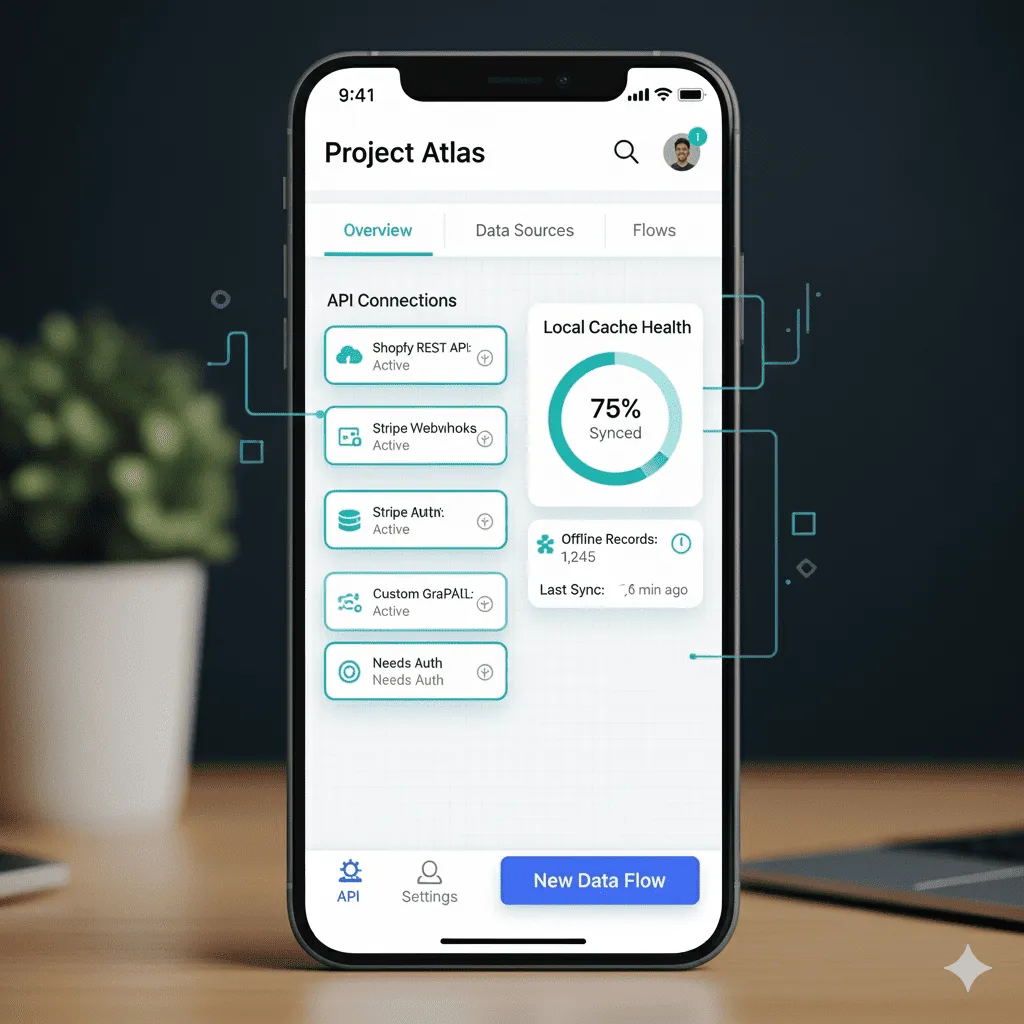
After you choose the API Integration & Local Storage module, you specify which API should be connected and what data must be stored offline. A developer sets up integration, caching, and synchronization logic tailored to your app.
Certified freelancers (Junior, Middle, or Senior levels) implement the module. You select the level of expertise that matches your budget and deadlines.
A fully functional API integration and offline storage setup - including secure token handling, request retries, local caching, and UI sync indicators. Your app will work smoothly online and offline.
Yes. You can define which APIs to integrate, what data to cache, and how the sync behavior should work (real-time, queued, or manual). Encryption, drafts, or multiple API setups are also available as extras.
Our AI Product Manager Assistant will guide you through the options, helping you clarify API details, caching needs, and offline scenarios so the developer can start right away.
Suitable for mobile apps, SaaS products, marketplaces, and startups that require reliable data flow and offline-first capabilities. This module covers API integration, token management, and secure local storage - ensuring smooth performance even without internet. Built for scalability, responsive UI updates, and edge-case handling. Common clients: fintech apps, delivery services, eLearning platforms, B2B tools, and MVP-stage startups. Supports multiple APIs, offline caching, and encrypted data handling.
Join for Early Access
⚡ Limited offer — only before public launch.
Get pre-launch access to the AI Product Manager Assistant and save:
 $161.5
($190)
$161.5
($190)
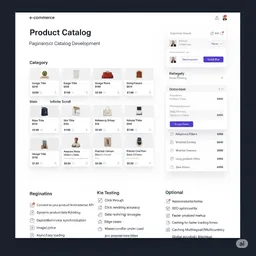 $110.5
($130)
$110.5
($130)
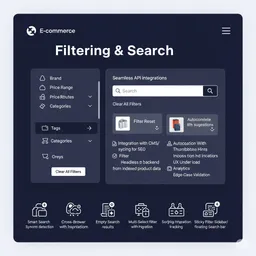 $119
($140)
$119
($140)
 $127.5
($150)
$127.5
($150)
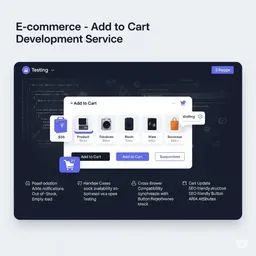 $85
($100)
$85
($100)
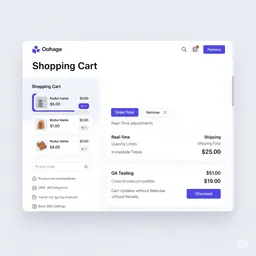 $136
($160)
$136
($160)
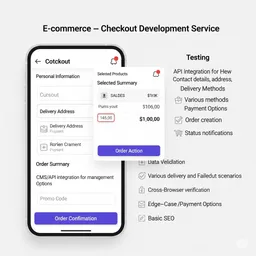 $153
($180)
$153
($180)
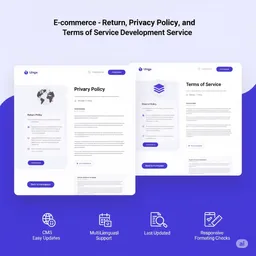 $85
($100)
$85
($100)
Clients value this module for making their apps more reliable and user-friendly, especially in unstable network conditions. They highlight the seamless offline mode, fast synchronization, and secure handling of sensitive data. Many noted that the retry queue and sync indicators greatly improved user trust, while encrypted local storage added peace of mind. Several clients shared that this module helped them scale faster by integrating multiple APIs with minimal downtime. They also appreciate the clear developer documentation and the flexibility to adapt caching rules to their business needs.